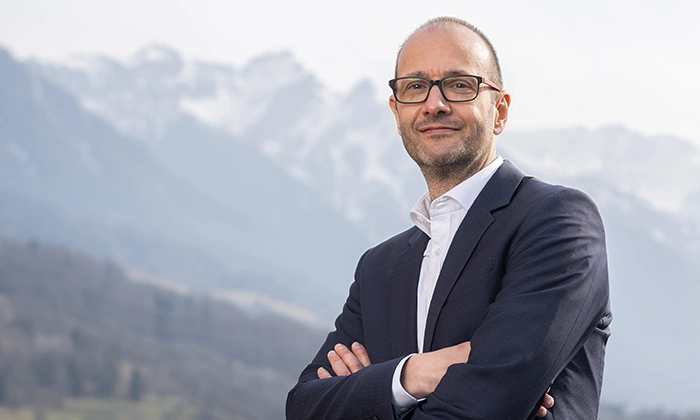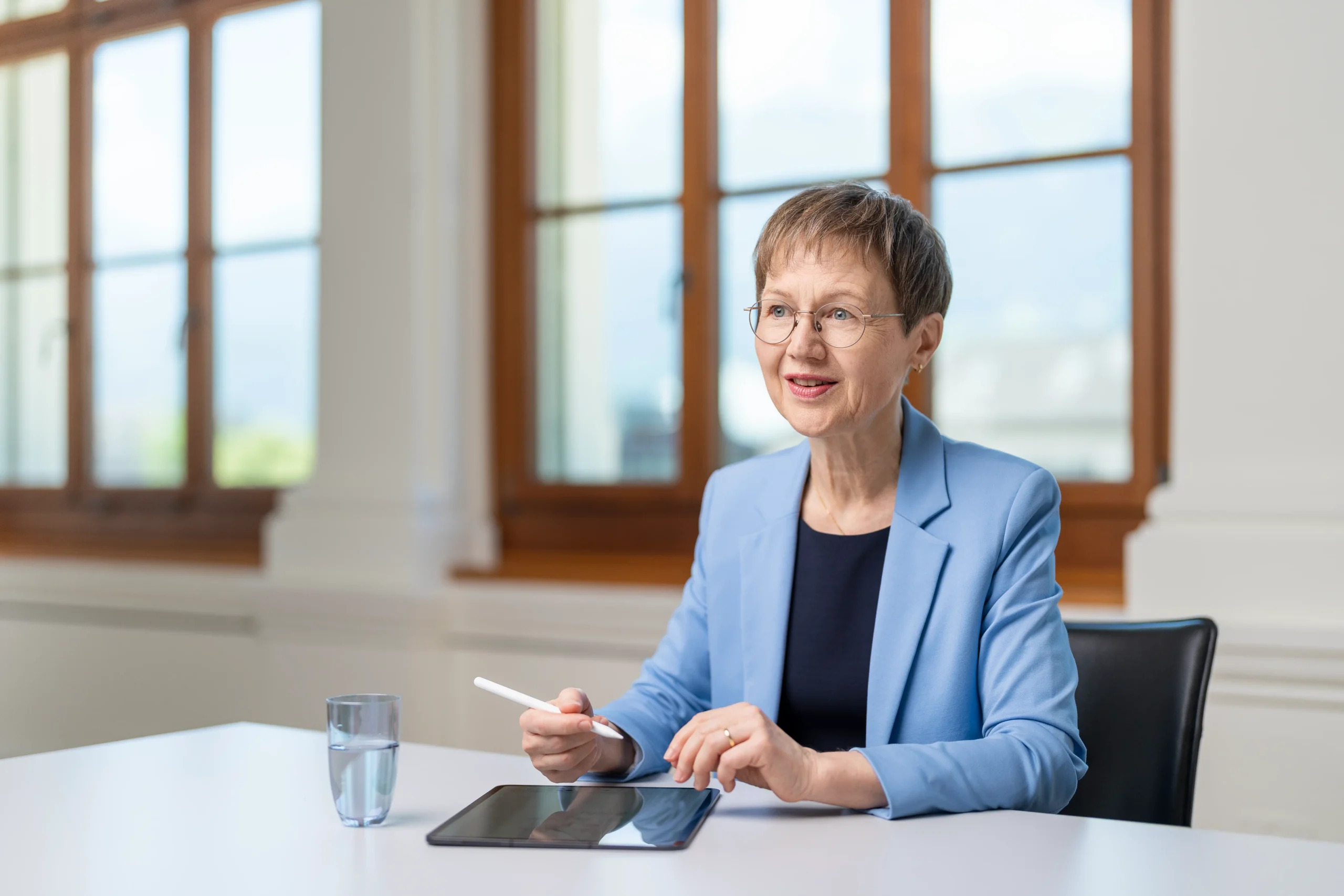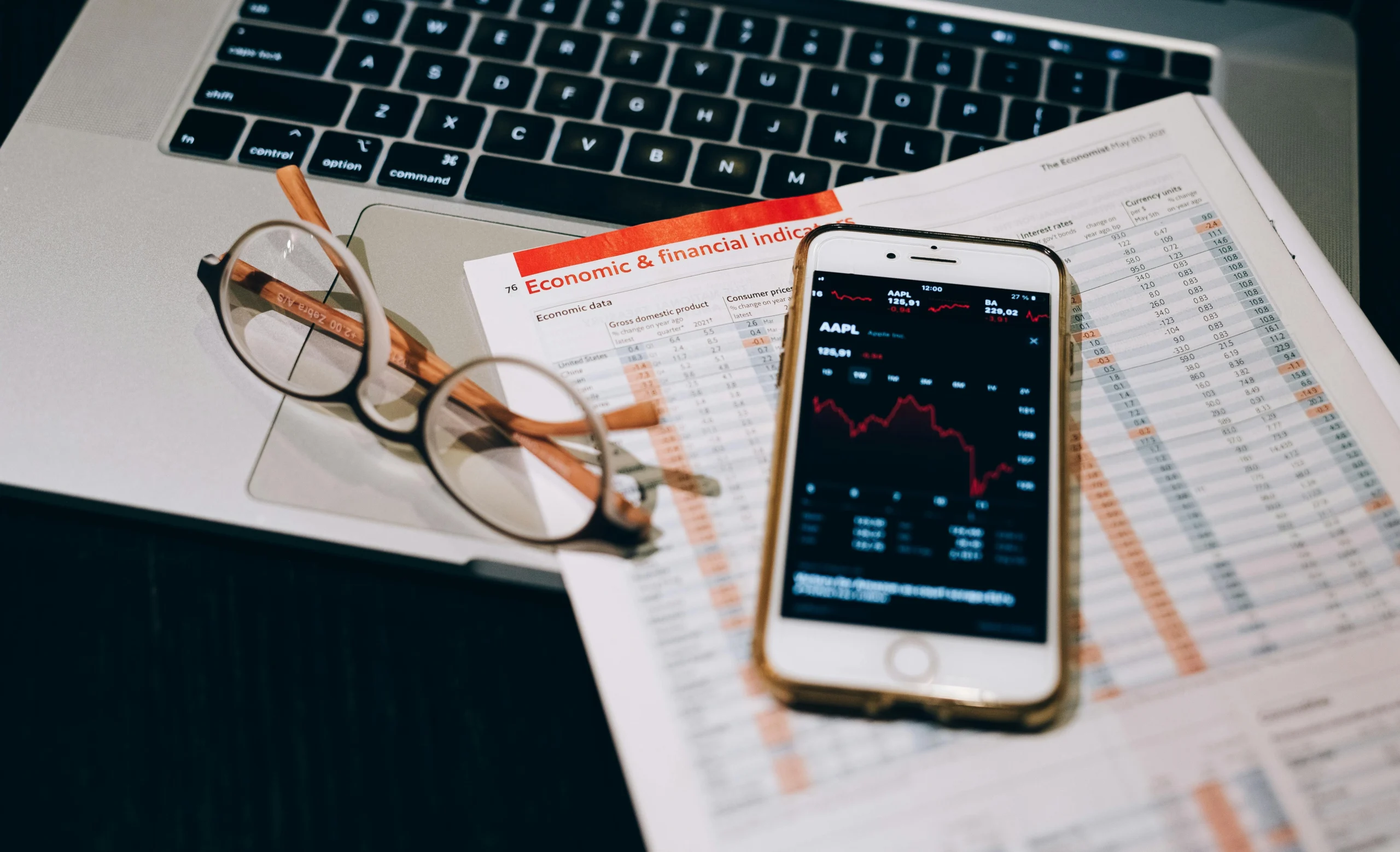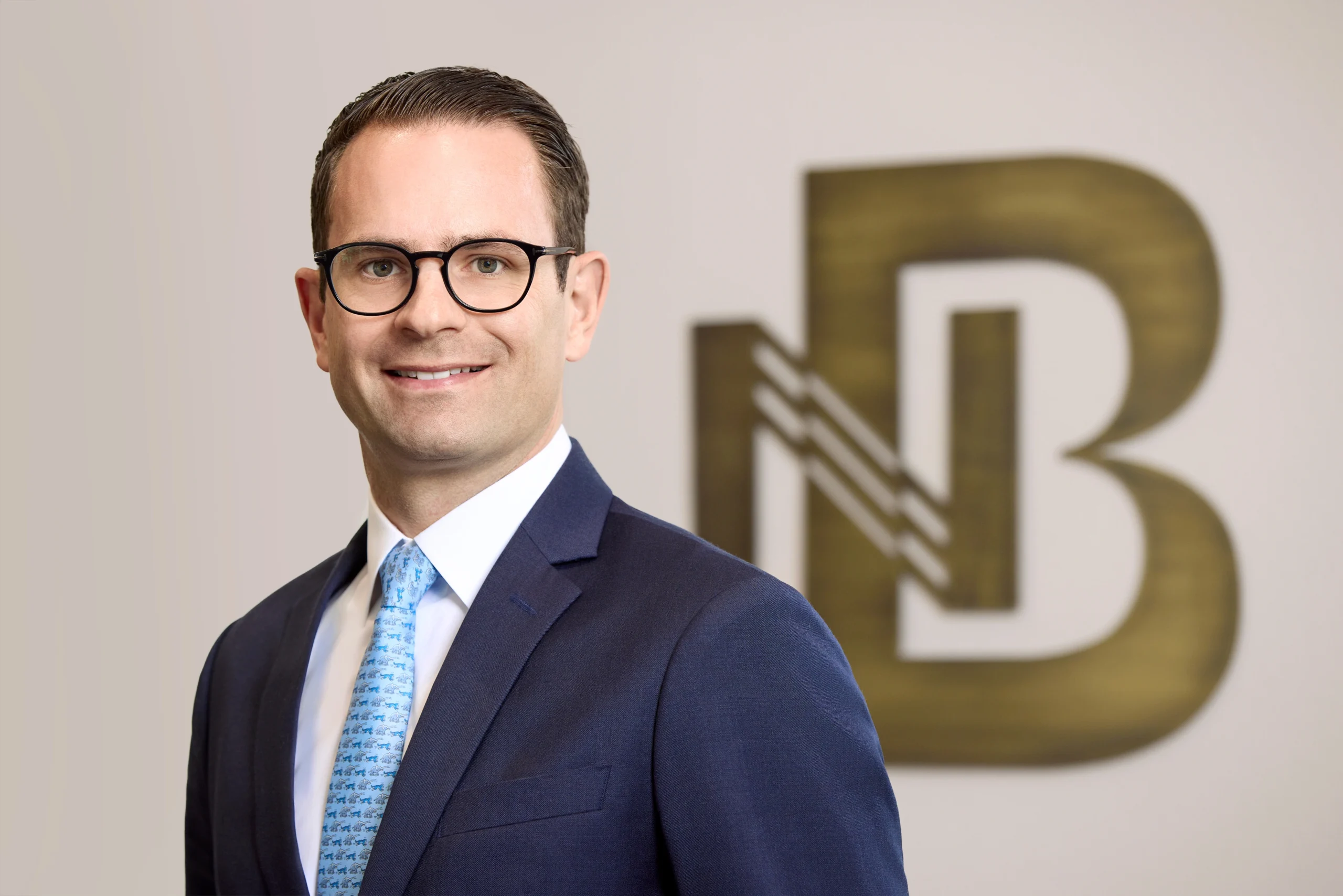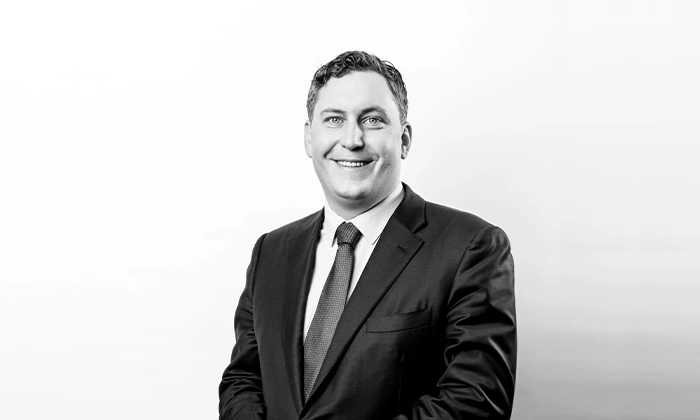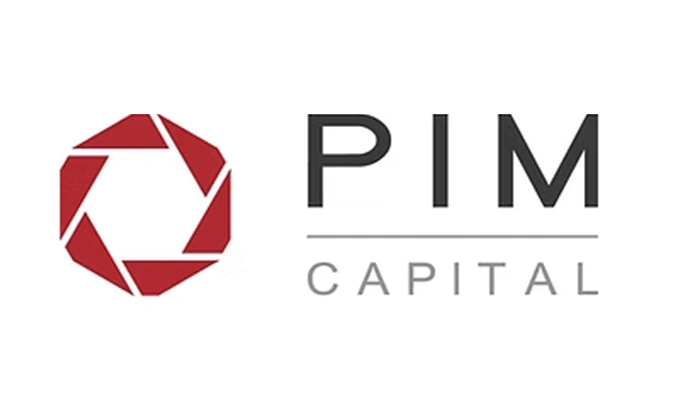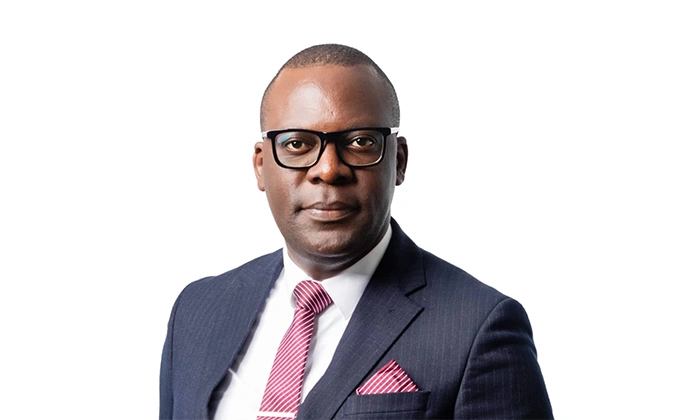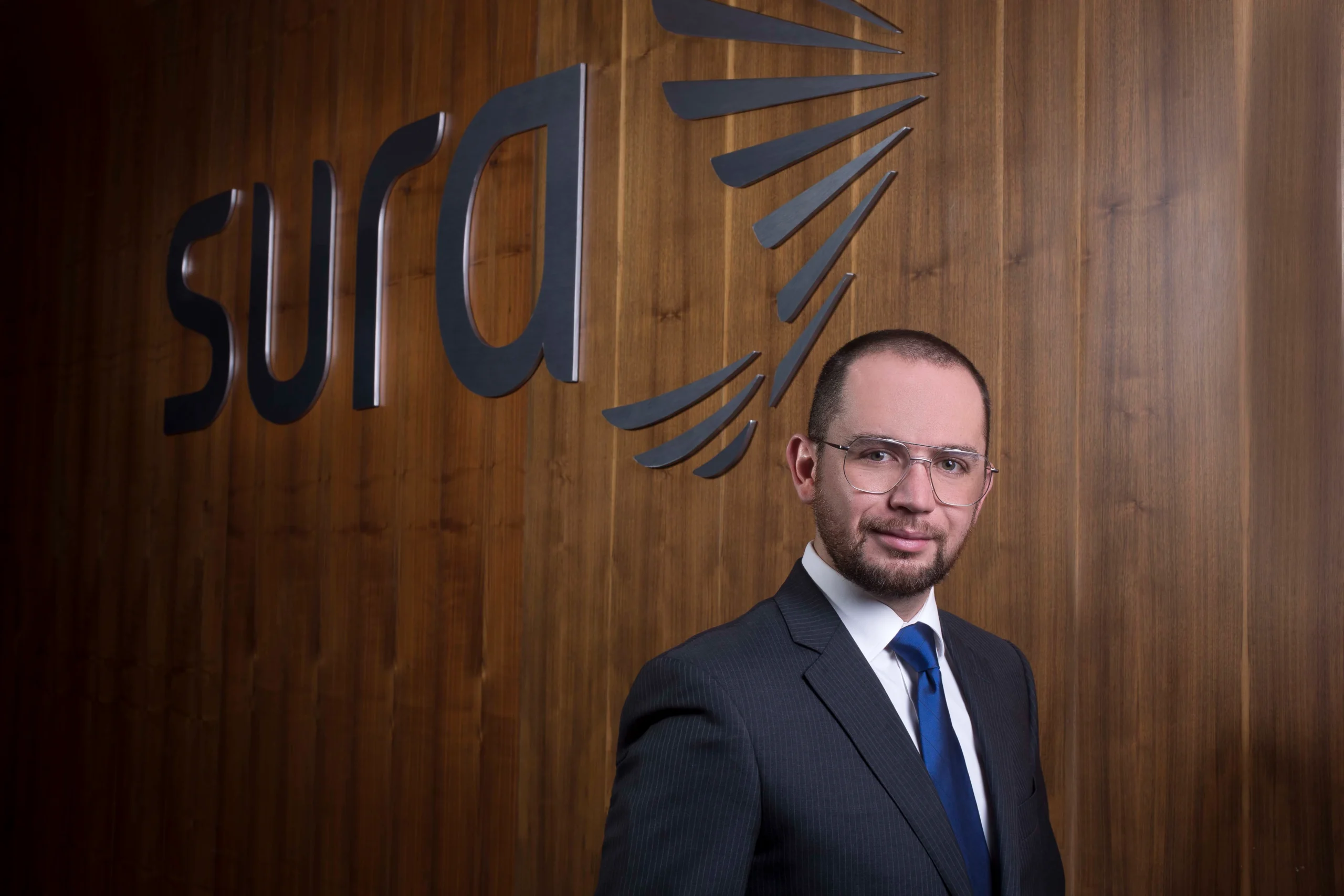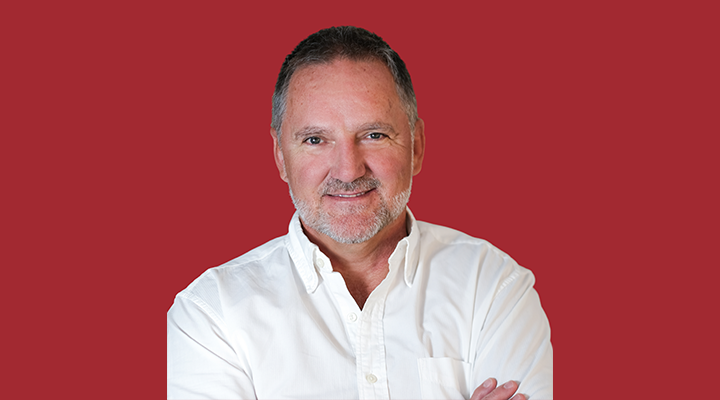Time for a change of investment strategy?

John E. Kaye
- Published
- Banking & Finance, Home

Michael Kohlhase of Dr. Kohlhase GmbH puts today’s volatile global economy into context, and examines whether buy and hold is finally history
If you prefer stock picking or day trading in your investments, the following lines may not be of interest. However, if like me you have been following a buy and hold strategy for a long time, things could get interesting.
In our company’s history, the bond sector has always had a special significance. After all, my father founded the company when there were still yields of 6% plus on European government bonds. Equities were considered boring, and barely attracted the same attention – at least not if you were risk-averse and didn’t want to get into the situation of having to sell at a loss. Short-term interest rate changes were not to be feared either. But that was 1980 and times were about to change.
First, corporate bonds became more exciting. Following the collapse of the Eastern Bloc in the 1990s came the euphoria of a Europe free from conflict. This gave way to more streamlined global trade, the opening of international stock exchanges, and an initial run on equities. Our clients increasingly asked for equity investments, and true to the mantra “equities beat bonds”, you just had to stick with it long enough. We complied, although cautiously, because we loved bonds and mainly invested close to the index. We didn’t want the opportunity of a single stock, we wanted the opportunity of the market. And we invested with a buy and hold strategy, as we did with bonds. After all, we were afraid of not being invested when the market was rising. Besides, it is easier to justify a result to clients based on market performance.
Until the early 2000s, we felt vindicated in our cautious approach. The 9/11 attacks and the bursting of the dot-com bubble showed many people that the risk of shares is different from that of bonds, and that markets can develop their own dynamics through external circumstances. So we repositioned ourselves. We wanted to make the equity components more variable, added higher-yielding corporate bonds and believed we were well positioned for the future.
Things turned out differently again! Due to the flow of cheap money and the falling interest rates as a result of the financial crisis of 2007, we had to accept more risk in the bonds (quality or maturity) in order to still generate income, although at the beginning we were still able to profit from falling yields through price gains.
In retrospect, it was the eve of an equity decade and I was often asked during that time whether, or why, I still had a focus on bonds. Many said that equities would be much more exciting and profitable after all. And yes, they were all right! However, they all did not forecast the Coronavirus pandemic and the consequences of the war in Ukraine. Central banks have only put up interest rates hesitantly, and not to an extent that makes economic sense. The global economy is reaching boiling point, and Europe is suddenly investing in military equipment again – the euphoria of the mid 1990s feel like a distant memory.
As a result, I believe we will see a decoupling of the stock markets from reality. The whole situation will be coupled with very high volatility and, in the bond sector, with increased defaults.
I have been working for my clients for over 20 years and it has never been easy, but we’ve managed the various ups and downs pretty well. There will always be a need to update your strategies, as they may not work in the future due to potential unforeseen events and market reactions. You must keep close to the markets and act appropriately. So buy and hold is finally history – whether it’s shares or bonds.
About Dr. Kohlhase GmbH
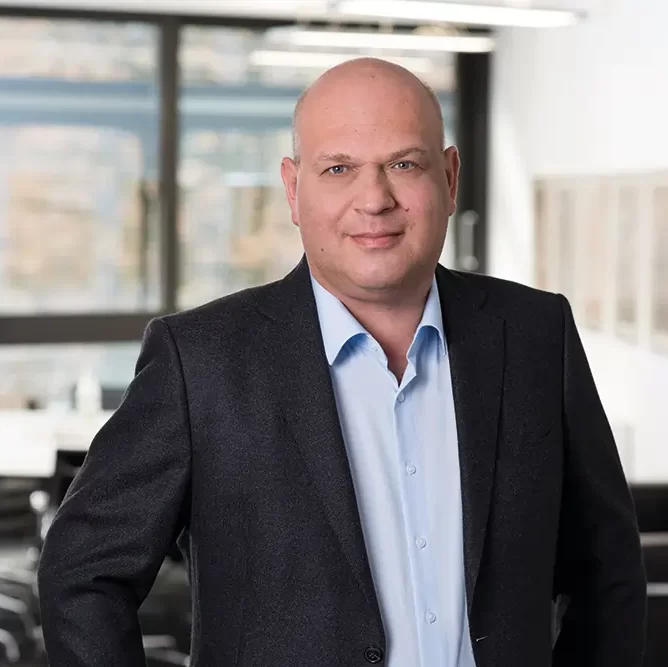
Dr. Kohlhase GmbH is an independent asset management company based in Munich. Run by Michael Kohlhase (above), the company was founded in 1980 by Michael‘s father Dr Detlef Kohlhase and specialises in asset management and investment funds. It also coordinates sales and marketing for its own funds. As a family business, the focus is on liquid funds with a conservative investment approach. The primary investment objective is long-term capital preservation and growth. The product range is suitable for private and institutional investors. Dr. Kohlhase GmbH places particular emphasis on fixed-income investments, an area in which they have a good reputation.
Further information
www.kohlhase.com/en
RECENT ARTICLES
-
 J.P. Morgan launches first tokenised money market fund on public blockchain
J.P. Morgan launches first tokenised money market fund on public blockchain -
 Aberdeen agrees to take over management of £1.5bn in closed-end funds from MFS
Aberdeen agrees to take over management of £1.5bn in closed-end funds from MFS -
 Enterprise asset management market forecast to more than double by 2035
Enterprise asset management market forecast to more than double by 2035 -
 EU Chamber records highest number of entries for 2025 China Sustainable Business Awards
EU Chamber records highest number of entries for 2025 China Sustainable Business Awards -
 Inside Liechtenstein’s strategy for a tighter, more demanding financial era
Inside Liechtenstein’s strategy for a tighter, more demanding financial era -
 ‘Stability, scale and strategy’: Christoph Reich on Liechtenstein’s evolving financial centre
‘Stability, scale and strategy’: Christoph Reich on Liechtenstein’s evolving financial centre -
 Bridging tradition and transformation: Brigitte Haas on leading Liechtenstein into a new era
Bridging tradition and transformation: Brigitte Haas on leading Liechtenstein into a new era -
 Liechtenstein in the Spotlight
Liechtenstein in the Spotlight -
 Fiduciary responsibility in the balance between stability and global dynamics
Fiduciary responsibility in the balance between stability and global dynamics -
 Neue Bank’s CEO on stability, discipline and long-term private banking
Neue Bank’s CEO on stability, discipline and long-term private banking -
 Research highlights rise of 'solopreneurs' as technology reshapes small business ownership
Research highlights rise of 'solopreneurs' as technology reshapes small business ownership -
 Philipp Kieber on legacy, leadership and continuity at Interadvice Anstalt
Philipp Kieber on legacy, leadership and continuity at Interadvice Anstalt -
 Building global-ready funds: how South African managers are scaling through offshore platforms
Building global-ready funds: how South African managers are scaling through offshore platforms -
 Global billionaire wealth hits record as relocation and inheritance accelerate, UBS finds
Global billionaire wealth hits record as relocation and inheritance accelerate, UBS finds -
 Human resources at the centre of organisational transformation
Human resources at the centre of organisational transformation -
 Liechtenstein lands AAA rating again as PM hails “exceptional stability”
Liechtenstein lands AAA rating again as PM hails “exceptional stability” -
 Lusaka Securities Exchange surges ahead on reform momentum
Lusaka Securities Exchange surges ahead on reform momentum -
 PROMEA leads with ESG, technology and trust in a changing Swiss market
PROMEA leads with ESG, technology and trust in a changing Swiss market -
 Why collective action matters for pensions and the planet
Why collective action matters for pensions and the planet -
 Structuring success with Moore Stephens Jersey
Structuring success with Moore Stephens Jersey -
 PIM Capital sets new standards in cross-jurisdiction fund solutions
PIM Capital sets new standards in cross-jurisdiction fund solutions -
 Innovation, advisory and growth: Banchile Inversiones in 2024
Innovation, advisory and growth: Banchile Inversiones in 2024 -
 Digitalization, financial inclusion, and a new era of banking services: Uzbekistan’s road to WTO membership
Digitalization, financial inclusion, and a new era of banking services: Uzbekistan’s road to WTO membership -
 Fermi America secures $350m in financing led by Macquarie Group
Fermi America secures $350m in financing led by Macquarie Group -
 Banchile Inversiones receives three prestigious international awards
Banchile Inversiones receives three prestigious international awards





